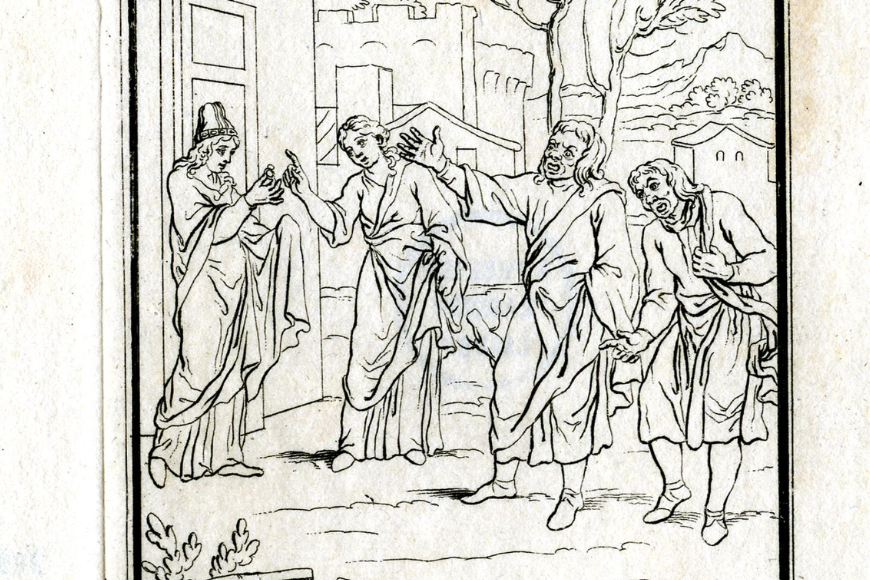Social Interactions Among Slaves and Sex Workers in Plautus
216 Pillsbury DR SE
Minneapolis,
MN
55455
PhD Candidate Fade Manley's dissertation defense.
The comedies of Plautus repeatedly focus on the love lives of wealthy citizen men, who pursue citizen girls, sex workers, or their own wives despite a variety of obstacles. Many character types of lower status--especially slaves (both male and female) and sex workers (both enslaved and free)--appear repeatedly in these comedies, but are typically examined in scholarship through their relationships to the free men. My research focuses on how these lower-status characters interact with each other in these comedies, not unlike the Bechdel-Wallace test, applied to slaves and sex workers rather than to women. I examine different categories of social interactions--friendly, amatory, hostile, hierarchical--as they appear across multiple comedies, to reveal how Plautus portrayed these low-status characters outside of their relationships with free citizens. The slaves and sex workers of the plays act out their awareness of hierarchies even as they express varied personalities within repetitive interaction styles. I argue that the patterns seen in these social interactions convey cultural assumptions about what enslaved people and those performing sexual labor were "really" like: these characters hold the same prejudices, understand the same cultural values, and adhere to the same systems of social hierarchy as any citizen in the audience, no matter how much any of those prejudices, values, or hierarchies might harm the low-status characters and thus real people.
